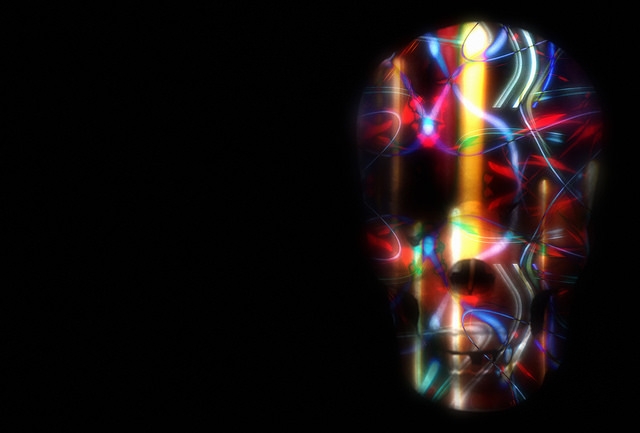MindMaze: The Startup That Wants To Capture Your Emotions In Virtual Reality
Social virtual reality (VR) is moving quickly. Though currently something of a novelty, the industry is revealing its potential for exciting new types of social interaction.
With MindMaze recently making some big waves, is it possible that social VR will replace social media as we currently know it?


Facebook certainly thinks so. Or at least enough to invest billions in the new technology. But, until now, the social VR industry has only offered us glimpses of what the new technology can do.
Enter MindMaze. Last week MindMaze presented MASK, a device capable of reading the emotional content of your facial expressions while you're in VR. MASK works by using electrodes to sense your facial muscles, allowing it to even predict what emotion you will display milliseconds before you complete it. Currently able to identify a range of emotions, including smiling, frowning, smirking and winking, MASK represents a way to introduce emotions into a social VR setting.
The first social VR company to become a unicorn is MindMaze, and they are now in a comfortable position to further develop their consumer products.
Already selling VR headsets designed to help rehabilitate stroke victims and amputees to more than 50 hospitals across Europe and Asia, MindMaze has enough resources to chase its ambitions.
Planned to sell for less than $40, the MASK headset will offer consumers a way to experience a powerful social VR experience without forking out the large amounts of money typically associated with the VR industry.
It all sounds incredibly exciting. But does social VR threaten the social media platforms we are so familiar with today? Yes and no.
Of course, we're still not yet sure what social VR will really look like. However, we can safely say that social VR will have more in common with offline experiences than traditional social media. In social VR you will be able to talk directly with someone in real time rather than share snippets of an experience after it's happened. This gives traditional VR plenty of wriggle room.
What do you think? Are you excited about social VR? And do you think it threatens traditional social media?
Email me your thoughts.
